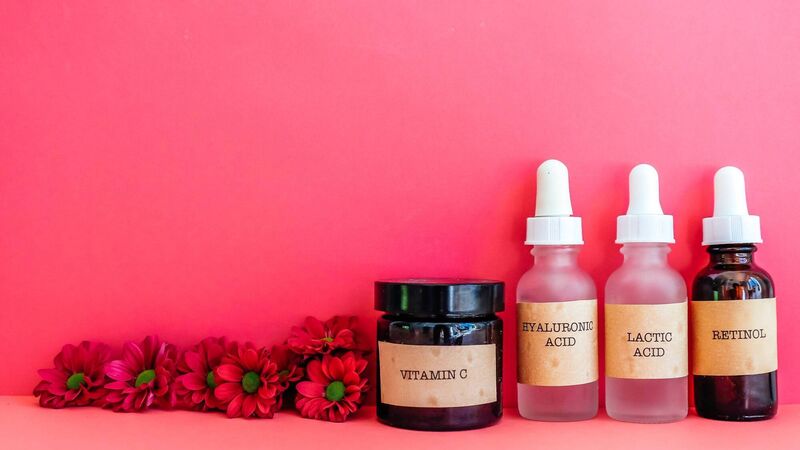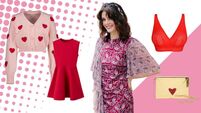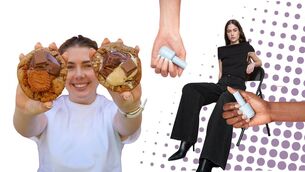Five most powerful ingredients to have in every skincare routine

Your future self will thank you an awful lot for introducing these ingredients into your routine
Dr Clodagh O'Shea is an aesthetic medical specialist at the Beacon Face and Dermatology is internationally recognized and renowned for her natural approach to skin rejuvenation. Dr O’Shea has clinics in Dublin and Cork and is a highly sought after practitioner.
She spoke at ieStyle Live From The Couch and shared her secret to glowing skin at any age. In particular, she highlighted the five must-have ingredients needed for a pro-ageing skincare routine.










